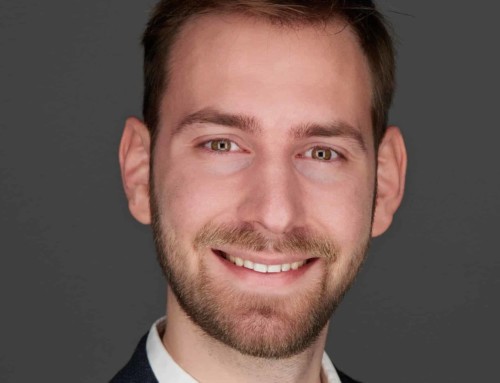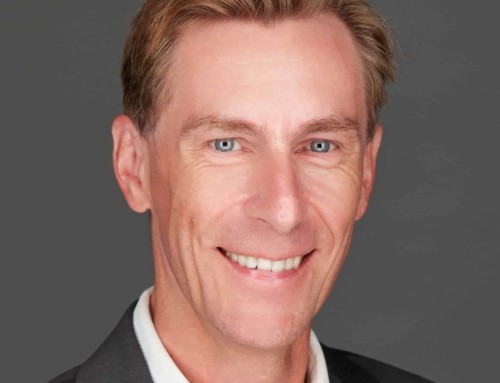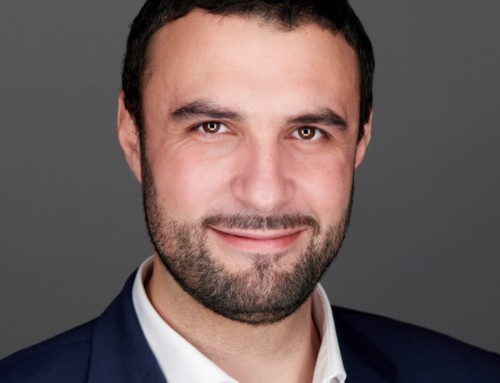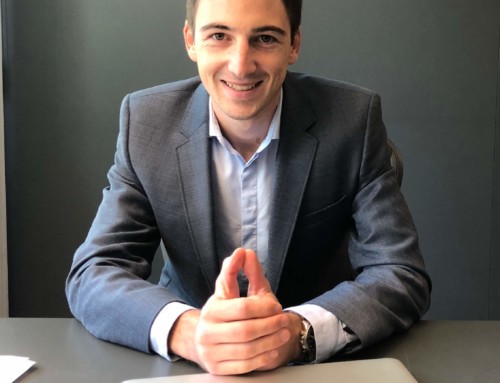For this interview, we are going to meet a real LEAN Management enthusiast : Nicolas Marie
Expert in the field (having practiced the discipline in different sectors, different countries and with different cultures), he tells us about it with the necessary hindsight to share all its essence!
Let’s get started!
Hello Nicolas Marie ! Thank you for giving us a little of your time. It’s a real pleasure to have you for our quarterly interview.
First of all, can you tell us who you are, what is your background?
Hello Marc, my name is Nicolas MARIE, 38 years old, married, one child, one dog and Lean Addict. I am French by origin and we have been living in Lausanne for 6 years. In terms of academic background, I graduated as a master student in mechanics at the University of Paris X. From a professional point of view, I have moved quite a bit with opportunities, always in Lean. First in France, then in Thailand and Singapore, where I had about fifteen factories spread over the region, and now Switzerland.
How did you fall into the Lean pot?
I used to answer this question by saying when I was born. I was born in Orleans, but if you pronounce it the American way it sounds like OrLEANs. More seriously, I’ve always been passionate about problem solving, whether it’s puzzles or Lego, it rocked my childhood.
I fell professionally into Lean at Faurecia. It was a slap in the face and a crush. It was so powerful, it’s all I’ve done since.
I have been lucky enough to use Lean in many sectors, first of all automotive (Faurecia, Wagon Automotive, FCI Automotive, Constellium Automotive), luxury (Dior), tableware (Guy Degrenne), electronics, I even created my own consulting structure in Singapore, EcologicaLean.
Currently I am Lean Implementation Manager at Bobst.
You had the opportunity to practice Lean in different countries and different cultures. What lessons can you share with us from these experiences?
I had the chance to set up and practice Lean in about fifteen countries in Europe and Asia. What surprised me the most was the similarity of the problems, with quite similar root causes. One thing that is even more striking is the ability of man to feel different. We think that “at home it’s different, it’s not the same industry, not the same business model, it won’t work here”. I’ve heard this sentence hundreds of times, and each time we’ve been able to demonstrate the opposite.
One of the enormous advantages of Lean is the visual side, you reduce your stocks, we can see it, the pallets are half empty, a change of series via a SMED which reduces by half, we will also see its consequences. One would have to be against it to not see the advantages and improvements that are brought.
What is your vision of Lean Management today and how do you see its evolution?
My vision and knowledge have changed enormously over the last few years. The Lean vision of the 2000s was very tool-oriented, in a very “pushy” way. The human and behavioral aspect came too late.
Today we realize that Lean is above all a way to learn, to transmit information and to solve problems in a scientific way.
As an Industry 4.0 referent for the production part of the Mex site, I am very attentive to new technologies that could really change the Lean situation. For the moment we are still at the beginning, but huge changes are to be expected on the TPM side and scheduling. I see more of a revolution in offices and services than in production.
In your opinion, what are the limits of the fields of application of Lean Management? How efficient can it be in a Supply Chain environment?
There are simply no limits, or only intellectual limits. Just have a look at the articles on the implementation of Lean in different sectors. We talk about Lean in hospitals, in the bank, Lean construction is on the rise, scrum/agile methods are more and more used. Recently, out of curiosity, I became interested in the deployment of Lean in bakery chains and Lean agriculture!
From a SC point of view, a good Lean practice will limit stocks (RM/WIP/FG) while speeding up procurement times, whether for a product or a service. There are many application examples.
A final word?
Try, Crash and Learn! That was my motto when I was a speed skateboarder. It’s been following me forever and it’s very kaizen in my mind ! You have to start right away and don’t wait for it to be perfect because it will never happen!
Need more information ? Contact us !




